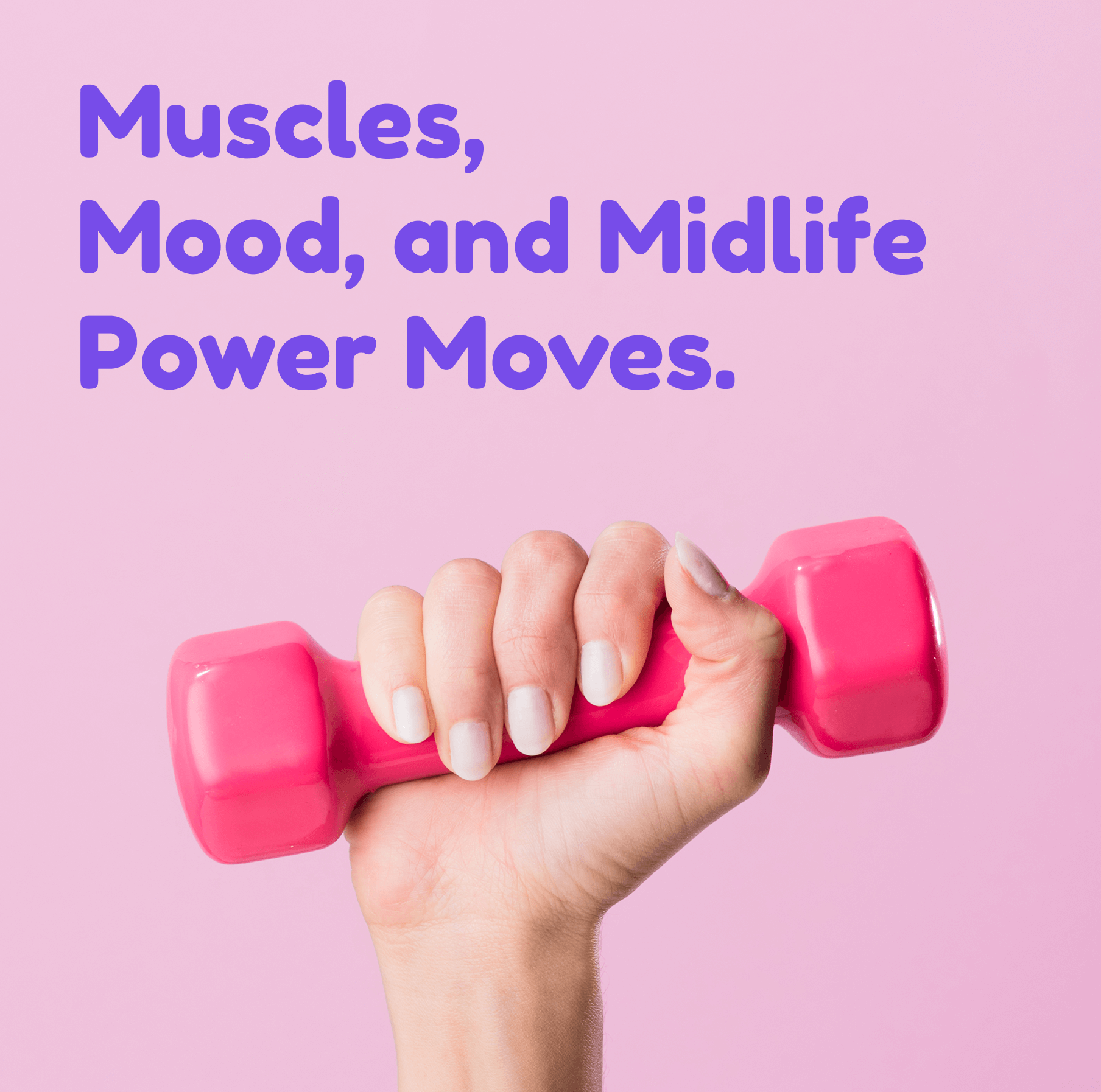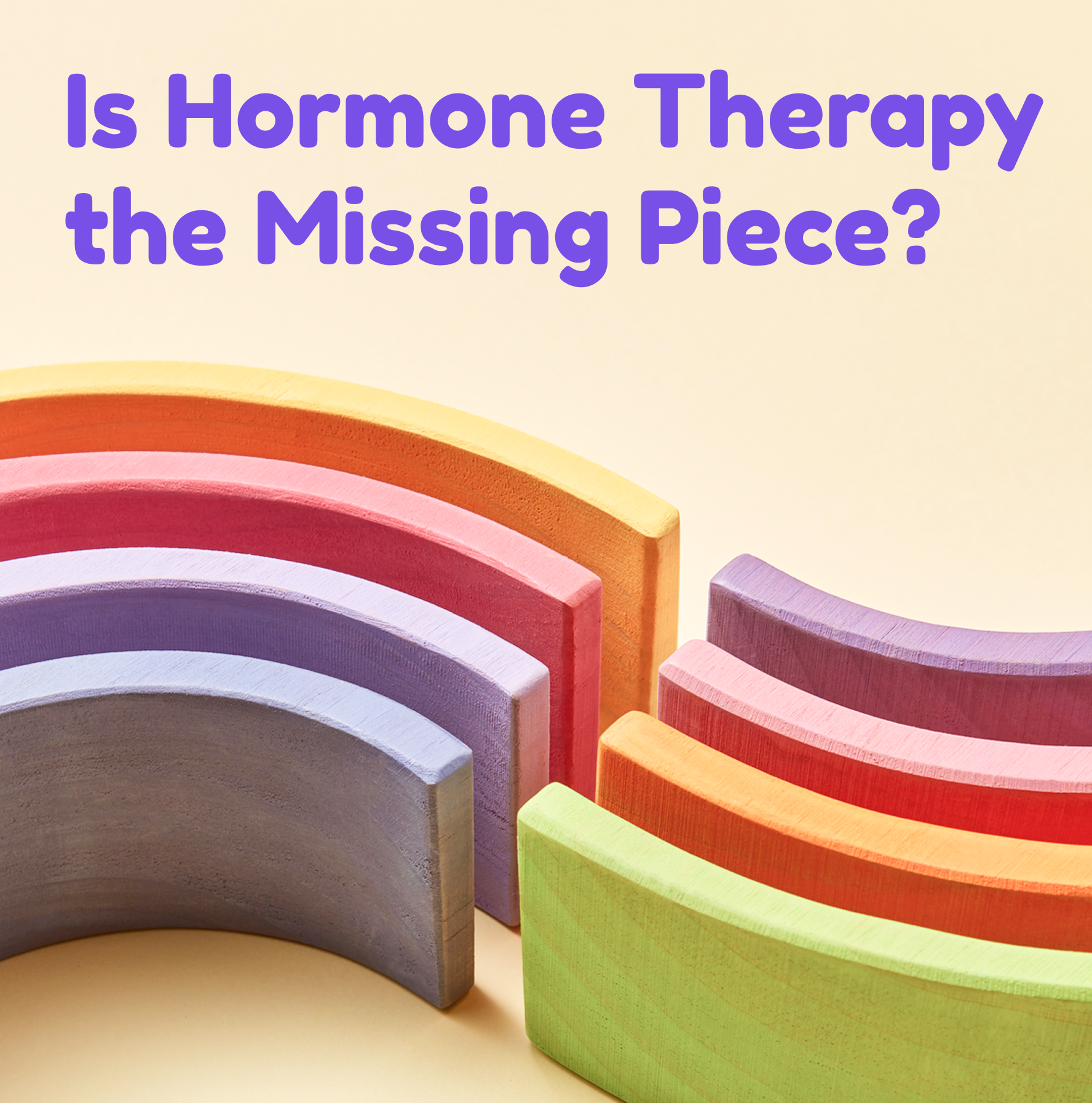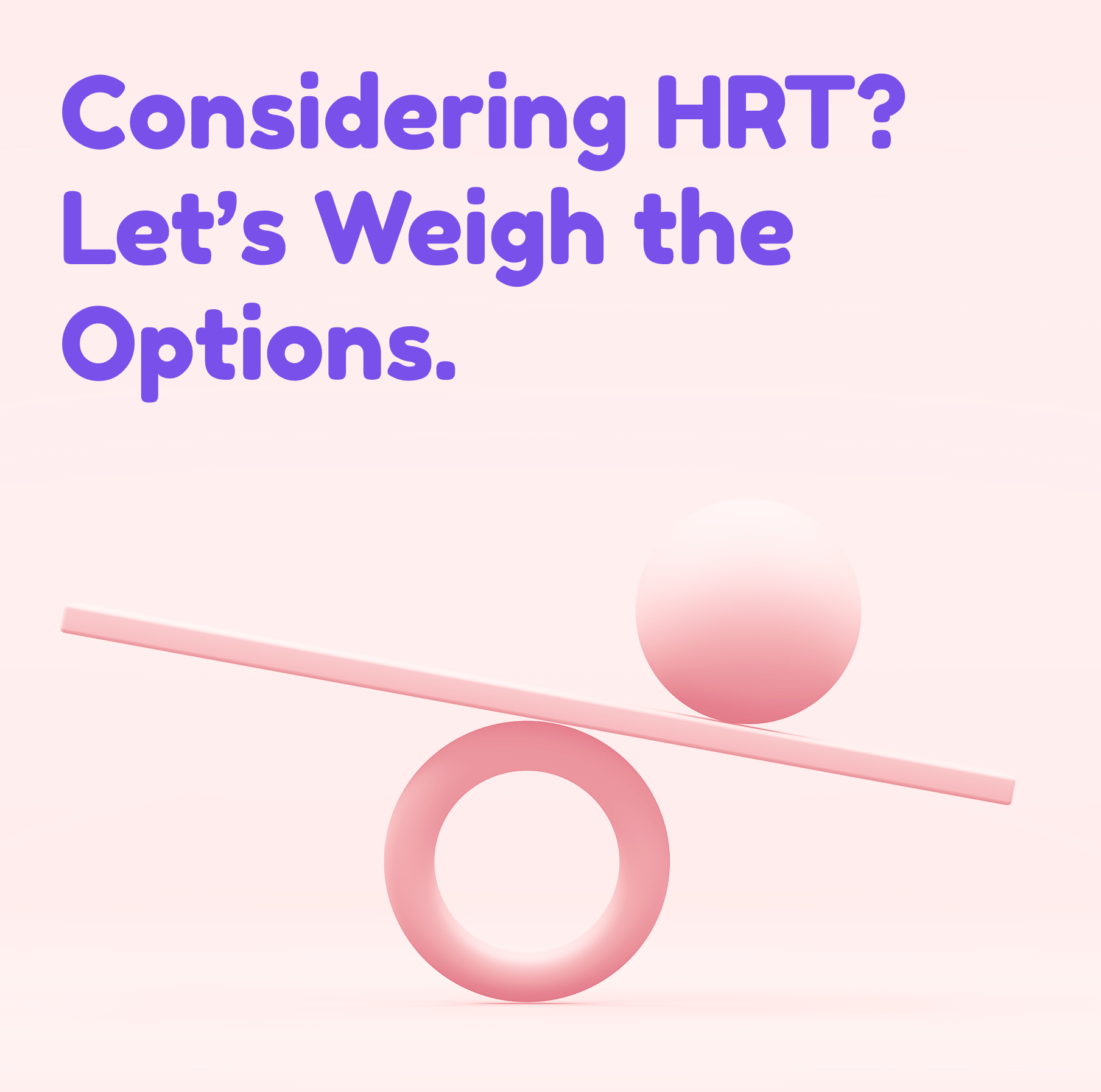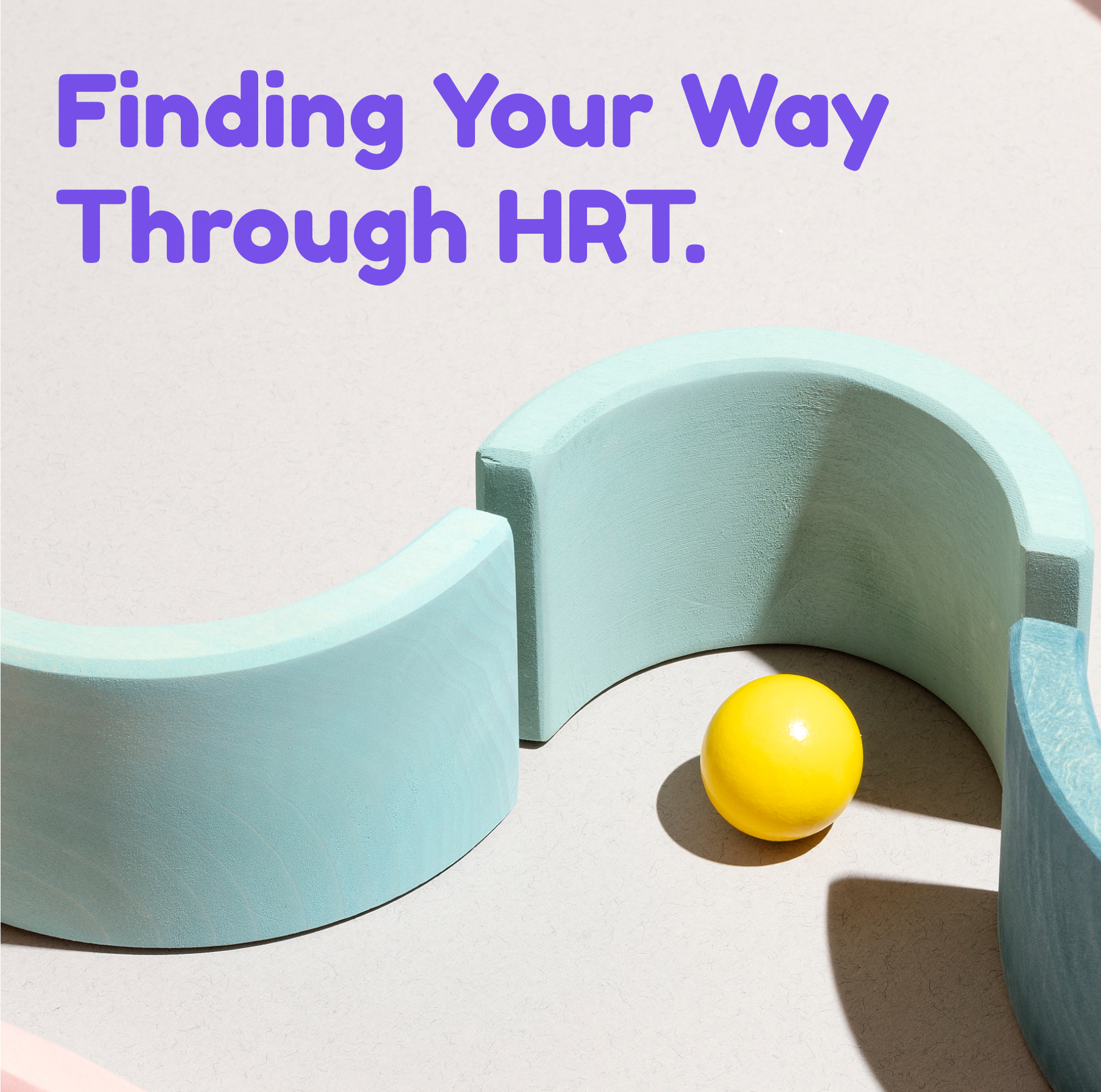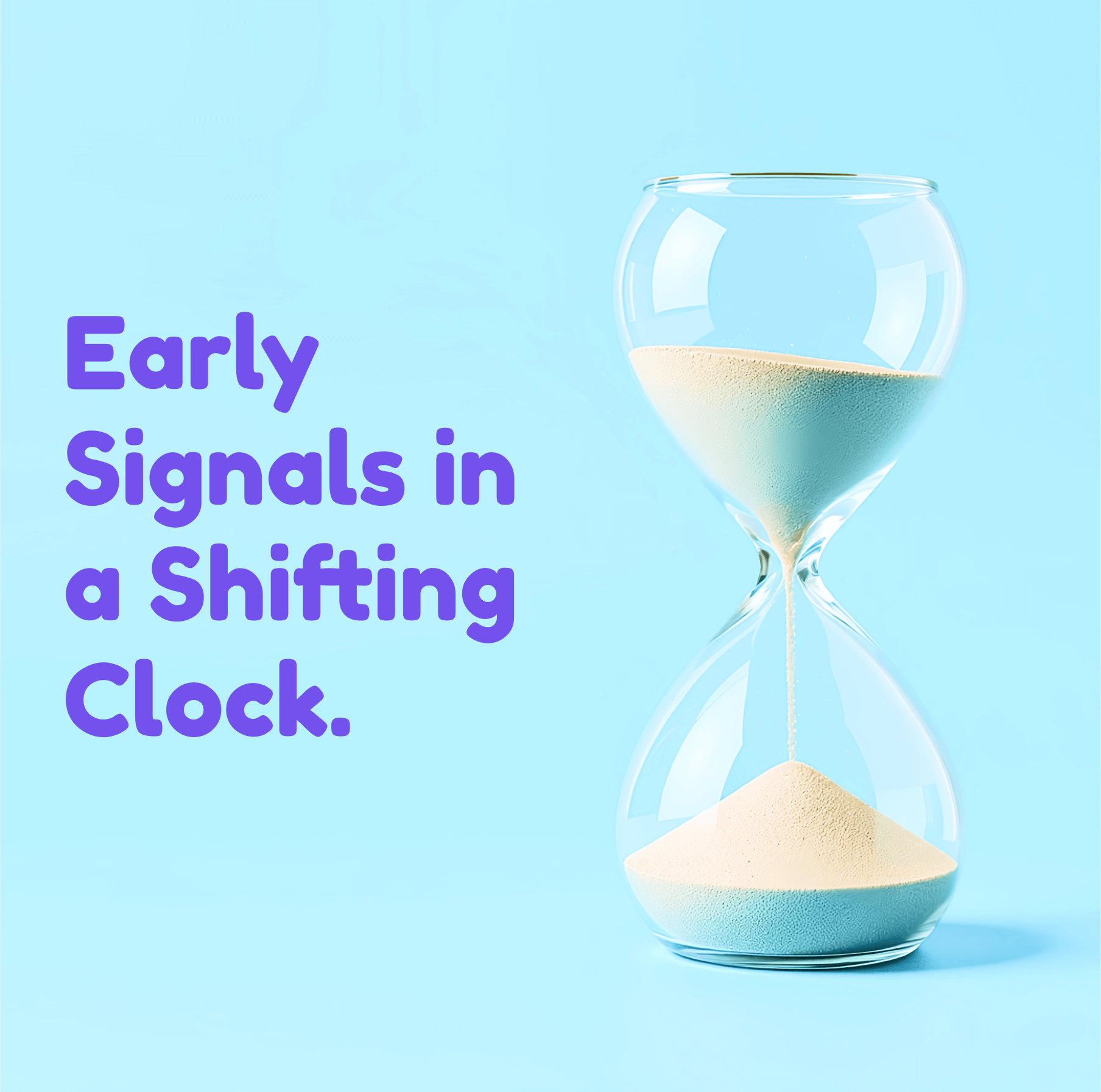
Early Signs of Menopause at 40
Have you ever caught yourself wondering if that unexpected hot flash or a skipped menstrual period might be more than just a passing oddity? For many women, especially around age 40, the body starts giving subtle hints that change might be on the horizon. While every woman’s journey is unique, understanding these early menopause signs can help you navigate this transitional phase with confidence, practical insights, and a touch of humor.
Got questions? Ask Noor.
Understanding Menopause and Its Early Onset
Menopause is a natural part of life—a time when your body shifts from its reproductive years into a new phase. Typically, most women reach menopause around age 51. However, early or premature menopause can occur when your menstrual periods become irregular or stop before the age of 45, and in some cases, even before 40.
Although the idea of early menopause may seem daunting, it’s important to remember that the transition is not a sudden event but rather a gradual process. In many cases, the body’s hormone levels, particularly estrogen and progesterone, begin to fluctuate. This can result in noticeable changes, such as variations in your menstrual cycle and the onset of menopause symptoms like hot flashes and mood swings. Being aware of these signals is the first step toward managing them.
Recognizing the Early Signs Common Symptoms at Age 40
Women who experience early signs of menopause at 40 may notice several changes. Here are some key indicators to watch out for:
- Irregular Menstrual Periods: Your menstrual cycle may start to shift. Periods might become shorter or longer, heavier or lighter, or even skipped entirely.
- Hot Flashes and Night Sweats: Sudden waves of heat that leave you feeling flushed and sweaty, sometimes disrupting your sleep.
- Vaginal Dryness: Reduced lubrication can lead to discomfort during intimacy.
- Mood Changes: Fluctuating hormone levels might bring about mood swings, irritability, or a sense of emotional unpredictability.
- Weight Gain: A slower metabolism and hormonal shifts can contribute to unexpected weight gain, especially around the midsection.
- Memory Lapses or “Brain Fog”: Some women notice difficulty concentrating or a sense of forgetfulness.
These symptoms are common indicators that your body is transitioning. It’s essential to note that not every woman will experience every symptom. Some might notice only one or two changes, while others might feel the impact more broadly.
Understanding the Causes Behind Early Menopause
Early menopause can be influenced by several factors. Knowing what might trigger these changes can help you better understand your body’s signals and decide whether to seek medical advice.
Factors That May Contribute
- Family History: If there’s a family history of early menopause, you might be more predisposed to experiencing it sooner.
- Health Conditions: Certain health conditions or autoimmune diseases can affect your hormone levels. For instance, thyroid issues or other endocrine disorders can trigger early menopause signs.
- Medical Treatments and Surgeries: Procedures such as surgery to remove the ovaries (oophorectomy) or treatments like chemotherapy and radiation can cause a sudden drop in estrogen levels. This can result in what is medically known as primary ovarian insufficiency.
- Lifestyle Factors: Smoking, for example, is linked with an earlier onset of menopause.
Understanding these causes can provide context for your symptoms. While some triggers are beyond your control, being aware of them empowers you to take proactive steps in managing your health.
Practical Tips for Managing the Transition
Navigating early menopause symptoms doesn’t have to be overwhelming. There are numerous strategies and lifestyle adjustments that can make the transition smoother and help you maintain your quality of life.
Self-Care and Lifestyle Changes
- Maintain a Healthy Diet: Eat real, unprocessed, nutrient dense foods. To do so, incorporate plenty of fruits, vegetables, high quality sources of protein and natural fats. Do your best to avoid refined carbohydrates like white flours and sugar. A balanced diet not only supports overall health but may also ease symptoms like weight gain and mood and energy swings.
- Stay Active: Regular exercise—whether it’s brisk walking, yoga, or a dance class—can improve your mood, help manage weight and body composition, and boost cardiovascular and metabolic health.
- Mindfulness and Stress Management: Techniques such as meditation, deep breathing exercises, or simply enjoying a quiet cup of tea can help manage stress, which is often heightened during hormonal transitions.
- Sleep Hygiene: Create a comfortable sleep environment. Lightweight bedding, a cool room temperature, and a consistent bedtime routine can mitigate disruptions caused by night sweats.
Medical Interventions
For many women, talking to a healthcare provider is a key part of managing early signs of menopause at 40. There are several treatment options available, including:
- Hormone Replacement Therapy (HRT): Often recommended for women experiencing significant symptoms, HRT can help balance hormone levels. It’s important to have an informed discussion with your doctor about the risks and benefits, especially if you have underlying health conditions. Be
- Non-Hormonal Options: If HRT isn’t suitable, non-hormonal medications and lifestyle modifications may offer relief from hot flashes and mood swings.
- Fertility Considerations: For those who wish to conceive, options such as donor eggs or fertility preservation methods may be discussed. Early menopause can affect your ability to get pregnant using your own eggs, so understanding these options is crucial if you’re planning for a family.
These strategies are not one-size-fits-all, and working with your healthcare provider will help tailor an approach that best fits your individual needs.
Embracing the Changes with a Positive Outlook
Menopause, even when it begins earlier than expected, is not simply a collection of symptoms to endure—it’s a natural transition in life. By focusing on proactive health strategies, you can embrace this new chapter with a sense of empowerment and resilience.
A Few Encouraging Thoughts
It’s a Journey: Think of menopause as a winding road with many twists and turns. Each change in your body is a signal of growth and transformation.
You’re Not Alone: Millions of women have walked this path before you. Sharing experiences with friends or support groups can offer comfort and practical advice.
Self-Discovery: This period of life can also be a time of self-discovery. With fewer reproductive pressures, many women find they have more freedom to explore new interests, hobbies, or career opportunities.
Improved Health Awareness: The transition often prompts a renewed focus on overall health. This is a great time to establish a strong foundation through diet, exercise, and regular check-ups, which can help reduce the risk of related health conditions such as heart disease and osteoporosis later in life.
Taking Action
Start by keeping a simple journal to track your menstrual cycle, mood changes, and any other symptoms. This record can provide valuable insights for both you and your healthcare provider, ensuring that you receive the most personalized care possible. Remember, early menopause is not a setback but rather a signal to pay closer attention to your body’s evolving needs.
Final Thoughts
Experiencing early signs of menopause at 40 can feel like an unexpected detour on life’s journey. However, with a proactive approach and supportive care, you can manage the symptoms—be it hot flashes, vaginal dryness, weight gain, or the irregularity of your menstrual cycle. While the transition may come with its share of challenges, it also brings opportunities for renewed focus on personal well-being. From exploring hormone replacement therapy (HRT) to adjusting your lifestyle with a healthy diet and regular exercise, there are many ways to not only manage symptoms but also embrace the changes positively. Ultimately, the most important takeaway is that you are not alone. Whether it’s through professional guidance, connecting with other women who understand the experience, or simply taking time for self-care, each step you take is a stride toward a healthier, more empowered you. Menopause is a natural, inevitable part of life—and while it comes with its own set of challenges, it also offers a unique chance to rediscover what makes you feel vibrant and alive. Embrace the change with kindness toward yourself, and remember that every phase of life has its own beauty and strength.
So, here’s to you—navigating this transition with resilience, self-awareness, and a little lighthearted humor. After all, life’s journey is about embracing every chapter, even the ones that come with a few extra hot flashes along the way.
